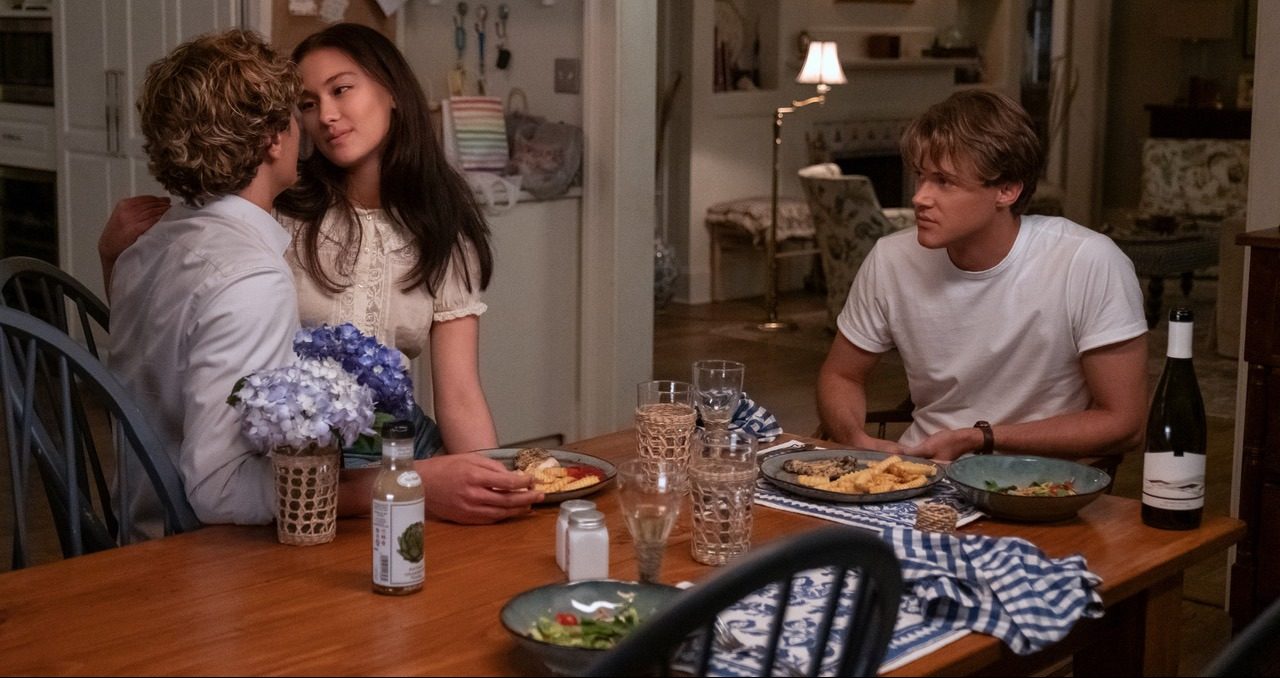The Fan: The Celebrity’s ultimate friend or foe?
God, it’s cold today. It’s a Monday morning, and I can’t stand the thought of endlessly filing papers all day. But I’m already at the station, and it’s too late to fake being sick. The tube pulls in, and I quickly snag the final seat in the corner before anyone else can. I wrap my coat tightly around me, seeking any warmth I can get, and close my eyes. I allow myself to drift off, the hum of the engine white noise to my ears. Suddenly, someone taps me roughly on the shoulders. I startle and open my eyes to see a young girl, 16 or 17 perhaps, grinning keenly in front of me. ‘You’re ‘so-and-so’ from ‘whatever-company’, right?’ I nod graciously, as I do every time someone tells me my name and my job. She asks for a photo and I reluctantly agree, cursing myself for not blow-drying my hair this morning. Now there’s somehow a queue of people who all want the same thing. The tube finally reaches my stop, and I practically jump out of my seat with glee. I speedwalk to the office, my head buried beneath my scarf. During the walk, I consider taking a cab to work instead from now on. When I arrive at my desk, I log on to my laptop and roll my eyes at what I see. My inbox is flooded with strangers who’ve seen the papers I file, inviting me to dinner. I chuckle at their audacity and ignore the strange pit of anxiety in my stomach. It’s nothing new; I suppose it’s just what comes along with being a receptionist at a failing paper supply company.
The aforementioned morning of a fictional receptionist sounds pretty tiring. It also sounds remarkably similar to what we hear celebrities complain about over and over again. Why does this behaviour seem so unreasonable as an experience for the average person, but when it comes to celebrities, we don’t bat an eye? This is the result of ‘the rise of The Fan’, a phenomenon in which The Fan has become integral to The Celebrity’s career. The Celebrity cannot exist in isolation anymore; they simultaneously depend on their fans and shape the fans’ identity. This bizarre relationship is unprecedented, and we ask ourselves: What exactly is the dark side of The Fan?
It is difficult to register that, in reality, they are completely different people
Up for some time-travel? Let’s go back to the summer, when all anybody could talk about was Jenny Han’s series The Summer I Turned Pretty. A love triangle hadn’t received so much attention since the likes of Twilight, and it took the world by storm. While most of our focus was fixed on the on-screen drama, perhaps we should have been more concerned with what was happening off-screen. The actors, namely Lola Tung and Gavin Casalegno, who play Belly Conklin and Jeremiah Fisher, respectively, were barraged with online abuse from certain fans. Mainly due to frustration with fictional plotlines, some fans targeted the real actors for their characters’ behaviour. The situation reached its peak when Han issued a statement, reading: “I know fans of the show are passionate … [but] posting images of a woman being slapped or choked is not funny” (likely referring to Tung). Engagement with a show is not only warranted, it is encouraged; however, toxicity emerges when viewers struggle to distinguish fiction from reality.
Perhaps the weirdest part of this idea of The Fan is the rise in intensity of parasocial relationships. This is defined by an imaginary, one-sided relationship that people often form with public figures. Actors, particularly those in TV shows, are the prime targets of a parasocial relationship; they play our beloved characters who we watch on a weekly basis, and it is difficult to register that, in reality, they are completely different people. Much like our fictional receptionist, celebrities are bombarded daily by fans who expect a photograph or a hug as if they’re lifelong friends. The incongruence between The Fan and The Celebrity problematises this – The Fan sees them as their fictional counterpart, whilst the celebrity is simply just doing their job. But can we blame fans for this? Today, celebrities are on social media every day, specifically engaging in trends to appear like a ‘normal person’. Has The Fan been duped into believing in a completely fictional person, only an illusion of who the celebrity really is?
We must remember celebrities are still people, or more accurately, strangers
Certainly, these blurred lines between The Celebrity and The Fan are not entirely the latter’s fault. It is the fault of marketing and the new era where The Celebrity permeates every aspect of our lives – the era of the internet. Nevertheless, we must remember celebrities are still people, or more accurately, strangers. While we shouldn’t expect them to owe us their time or privacy, we also should not devote our entire identities (or wallets) to their brands.
Like the creators behind The Summer I Turned Pretty once said, it’s time to start “acting normal online.”

Comments